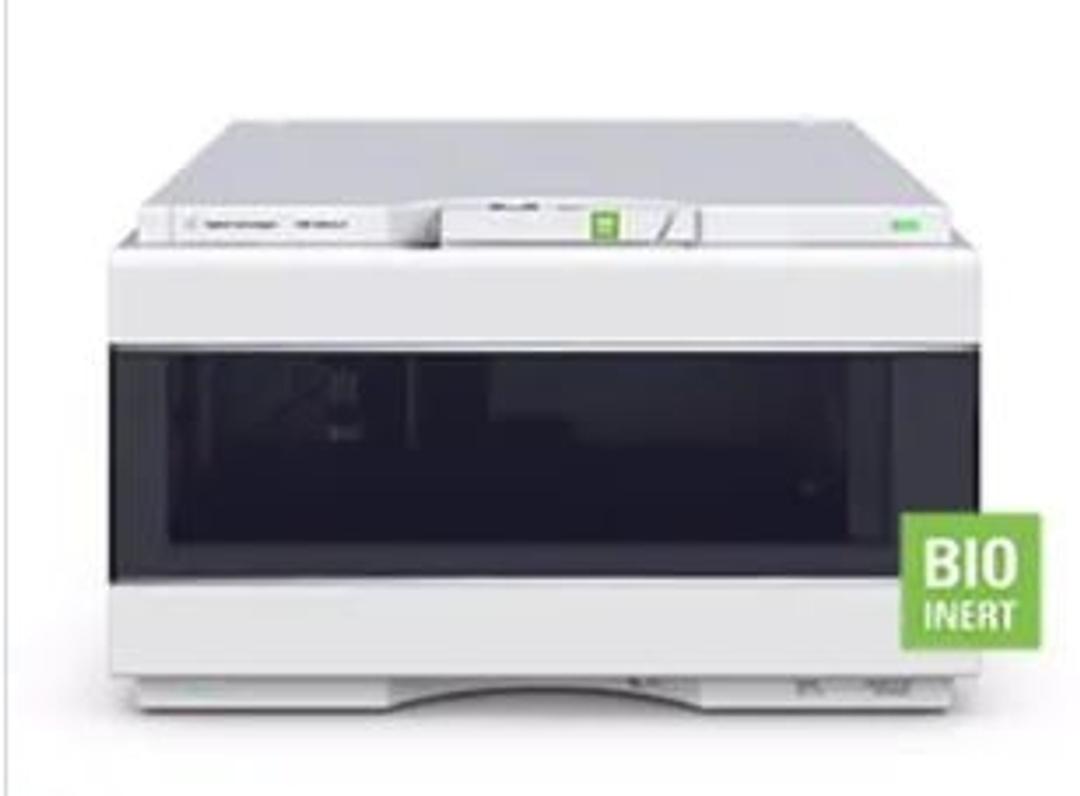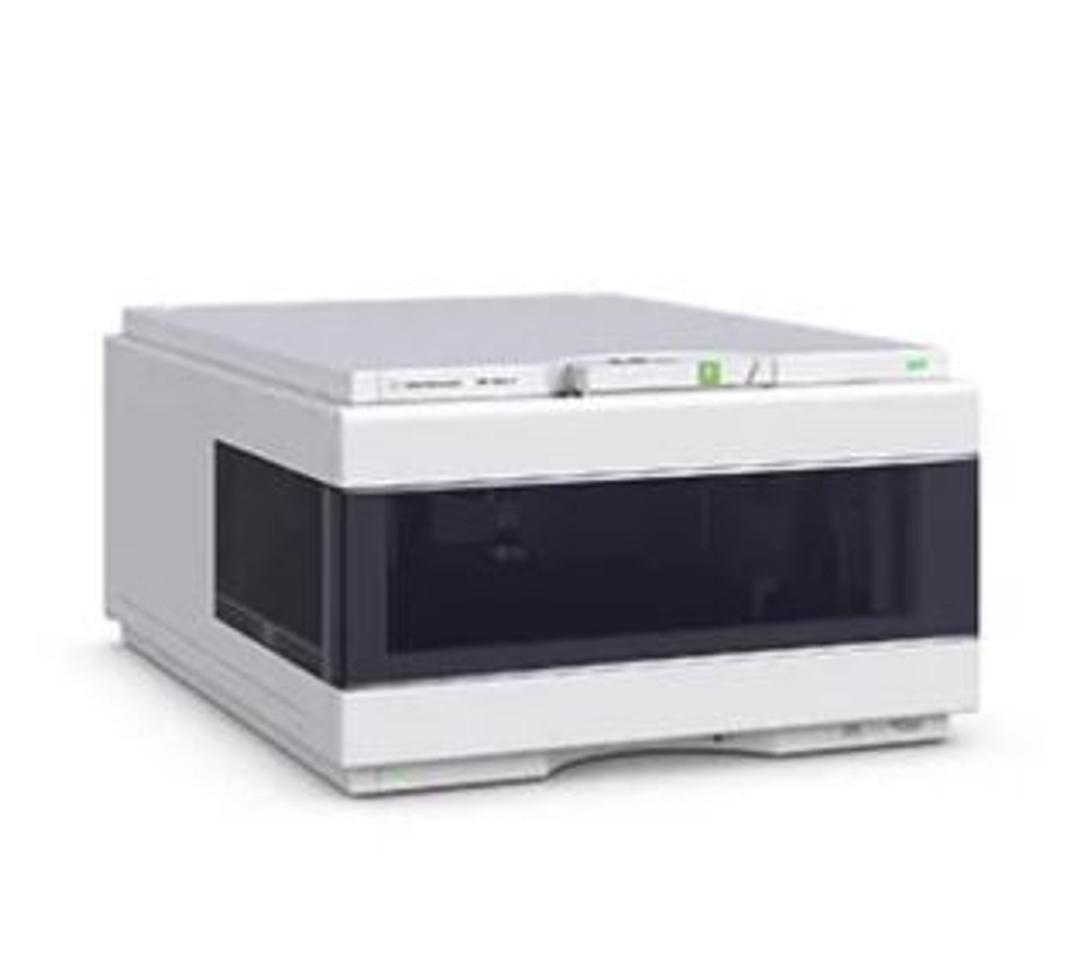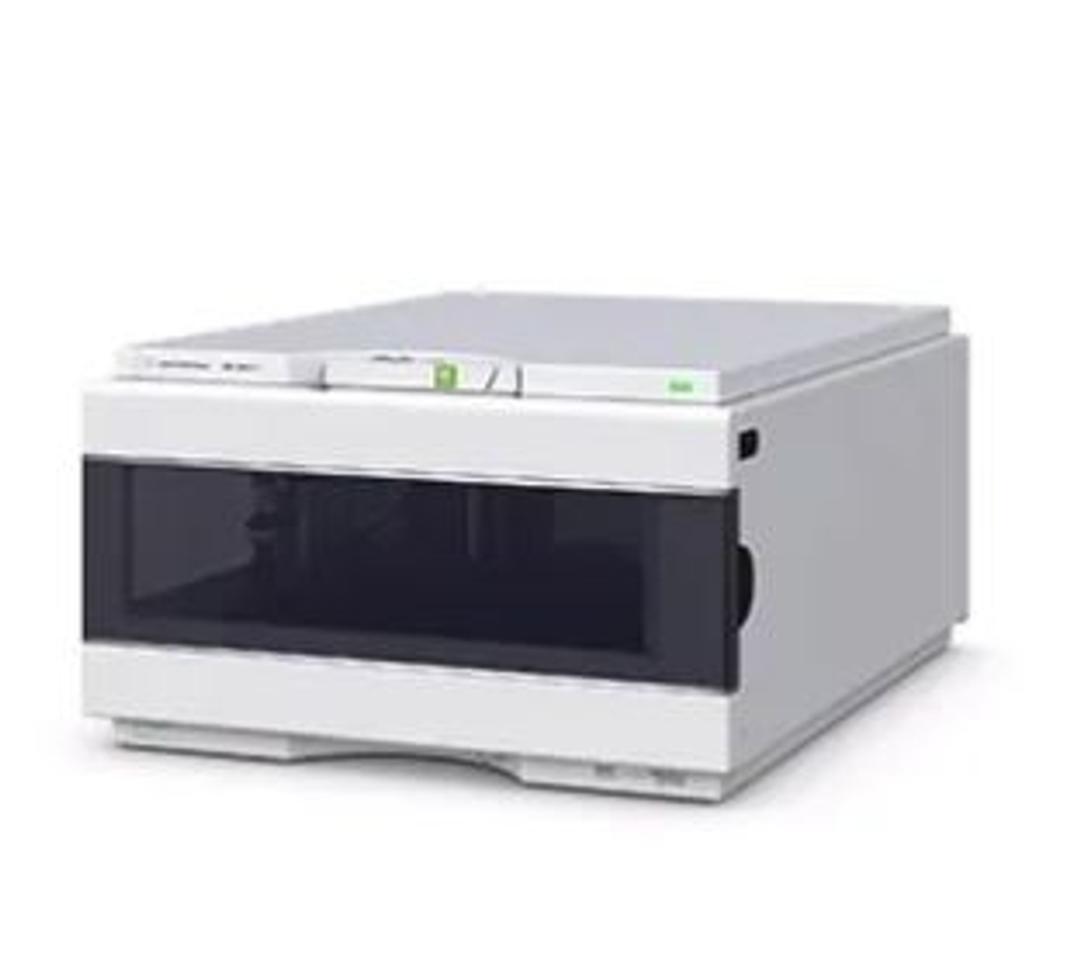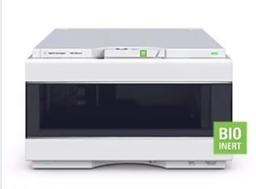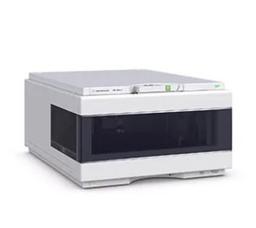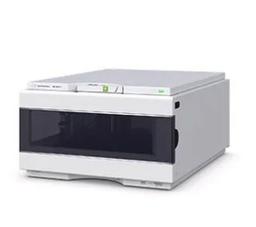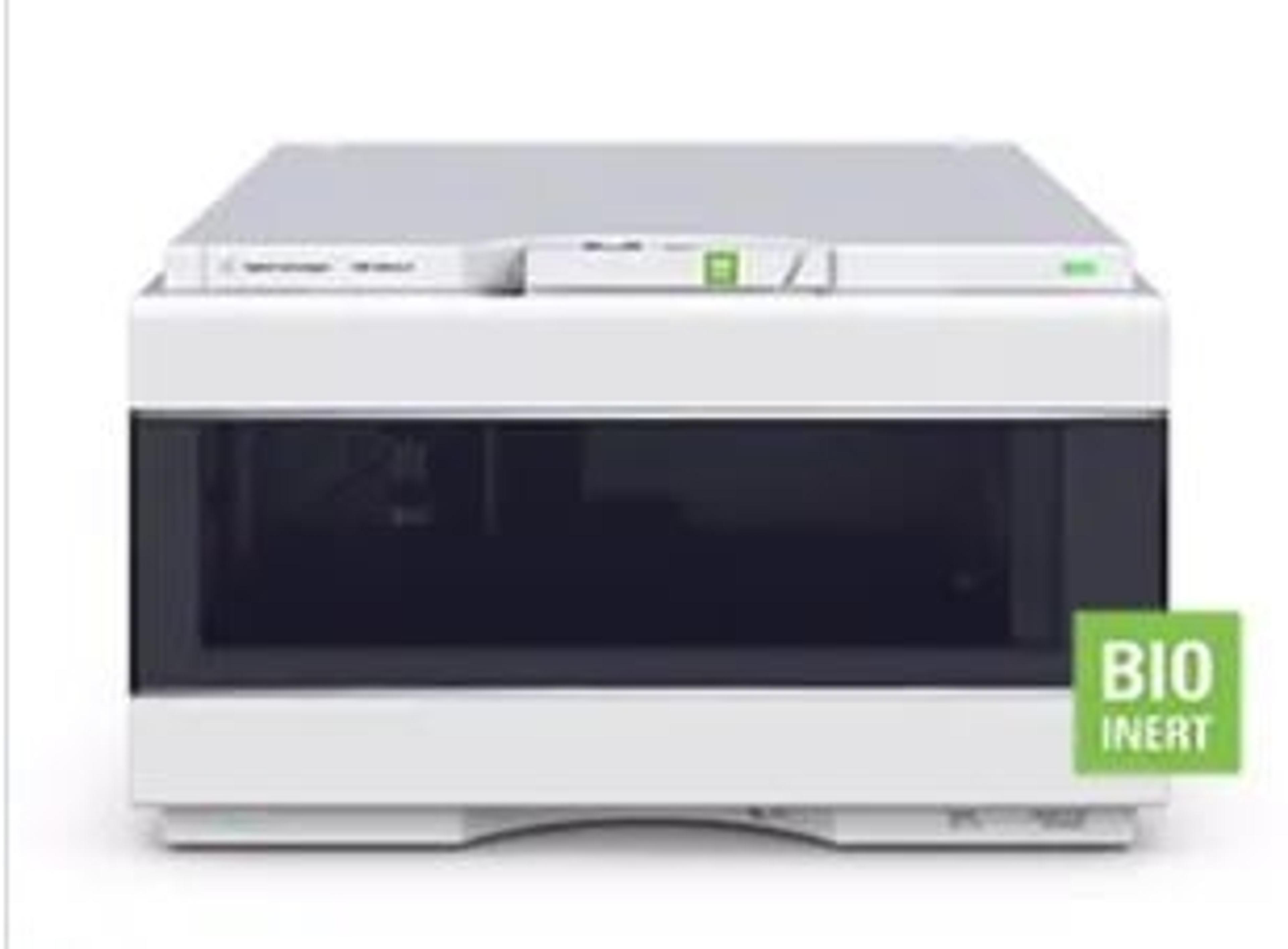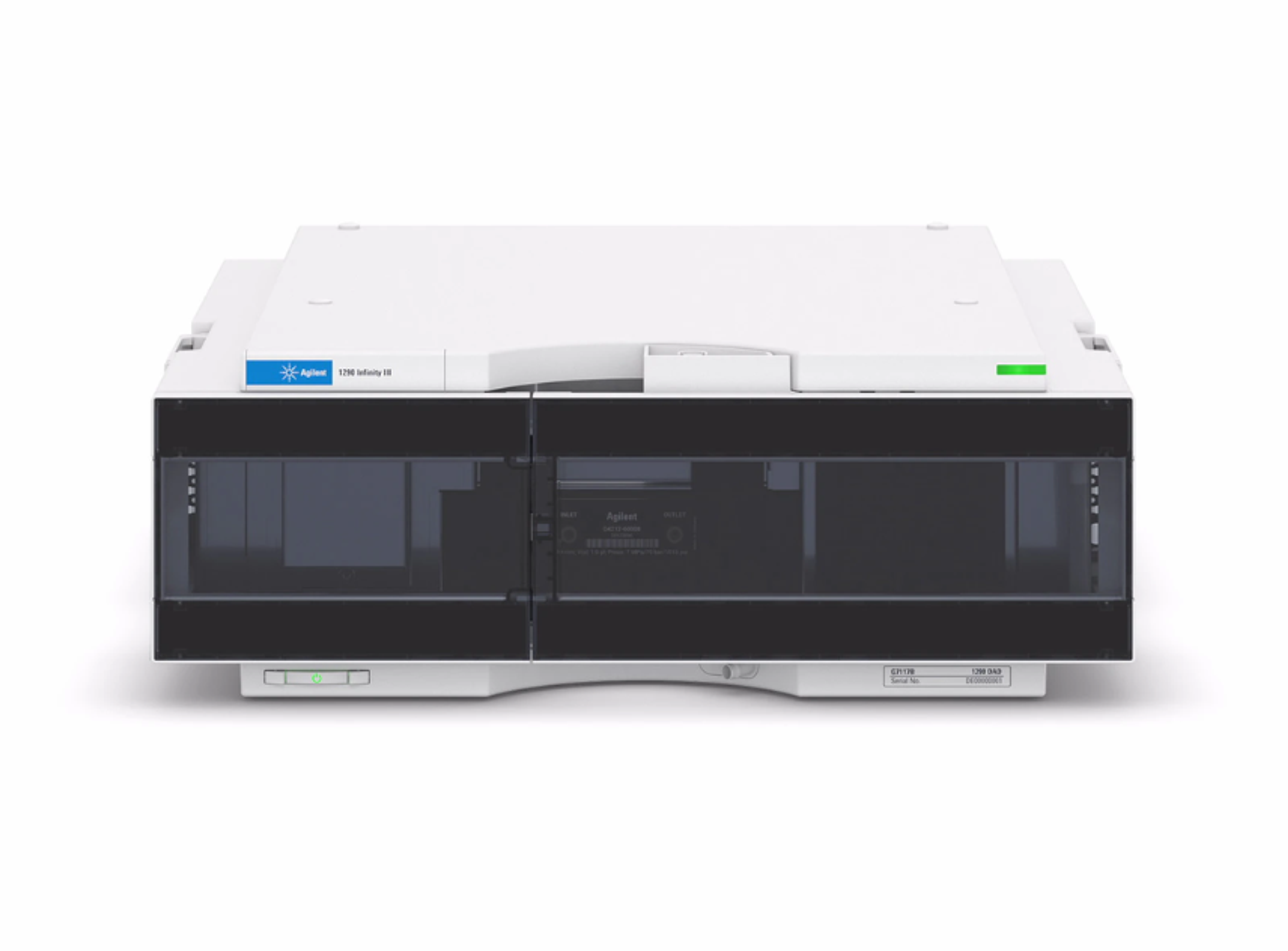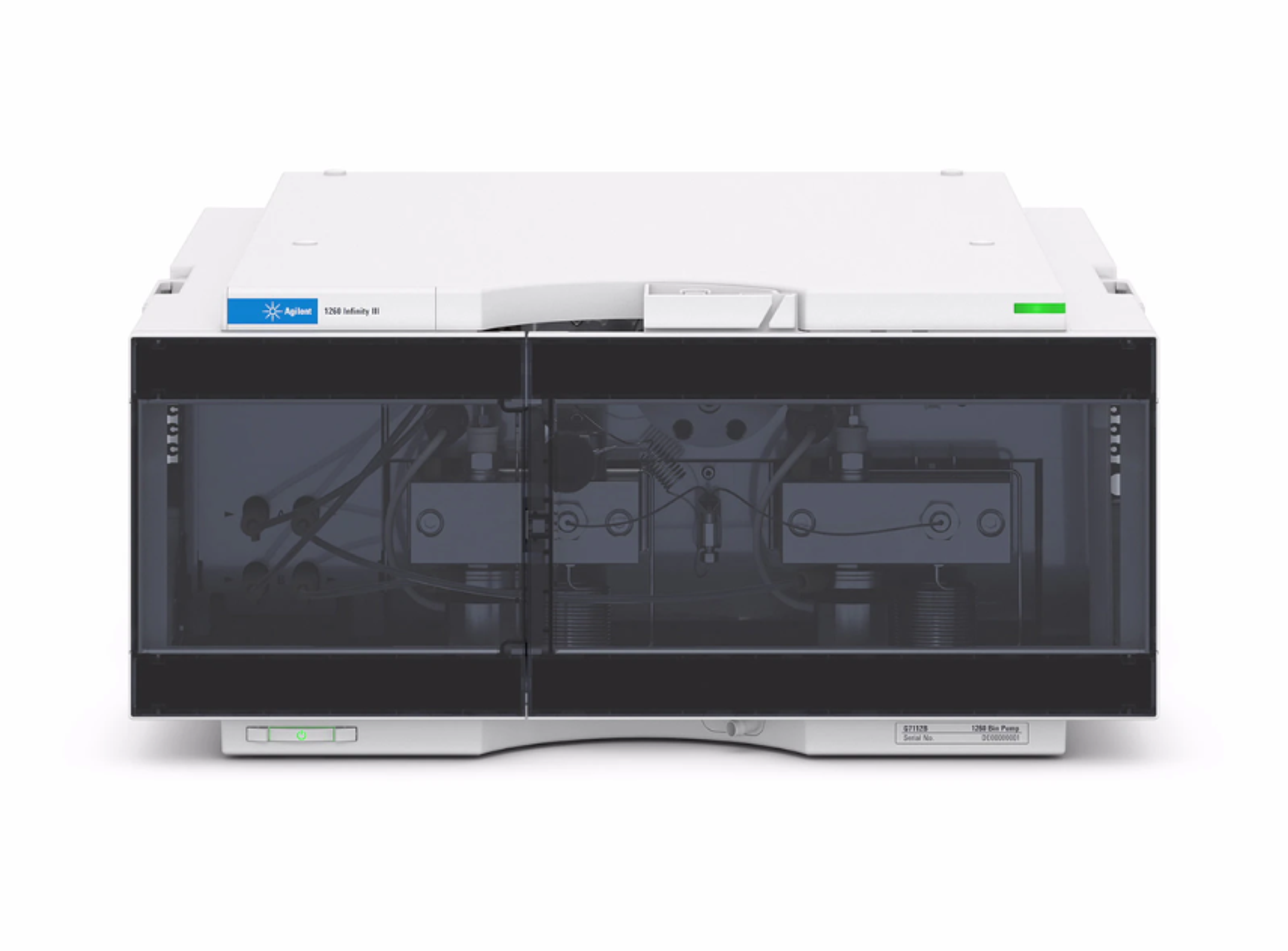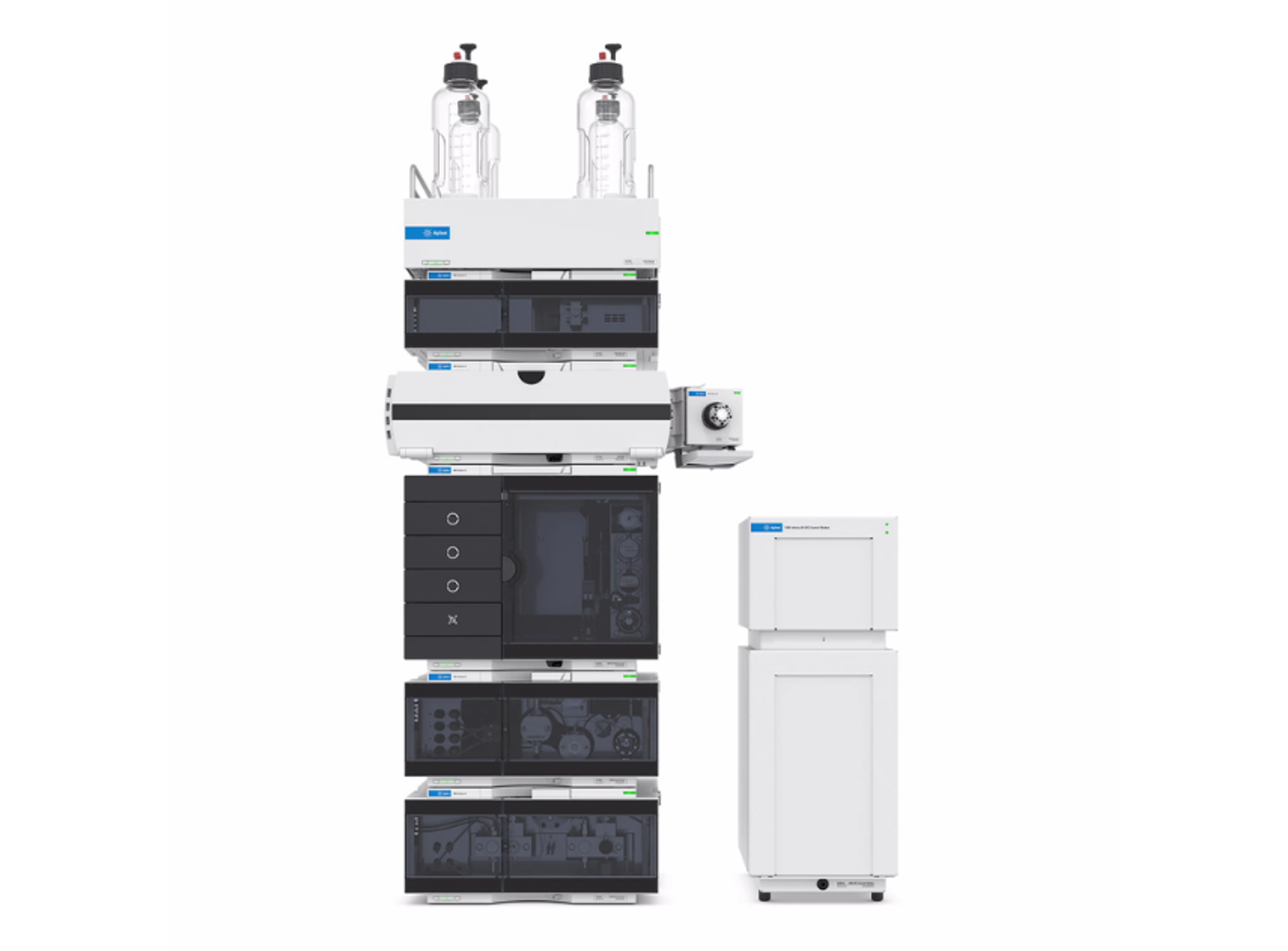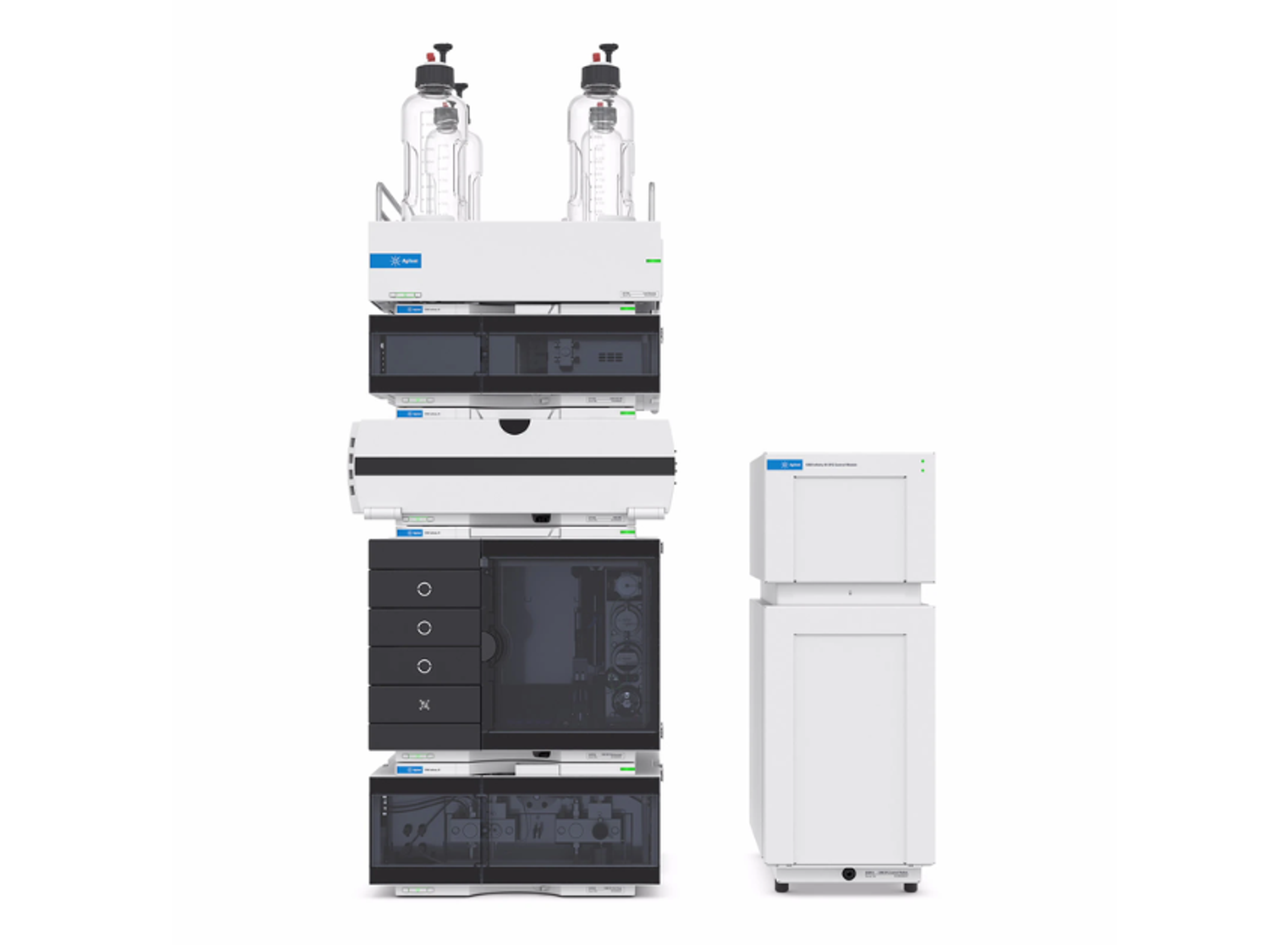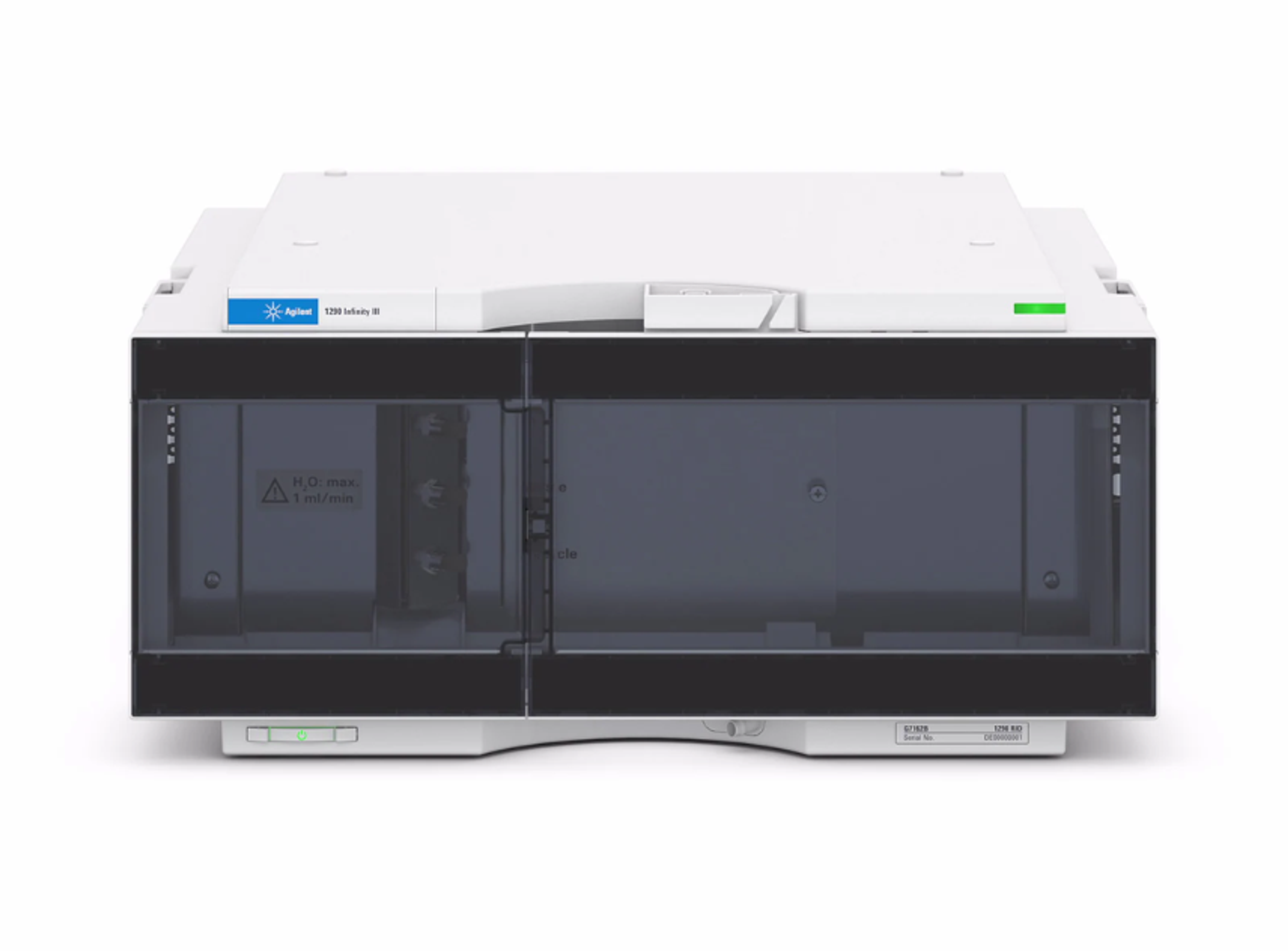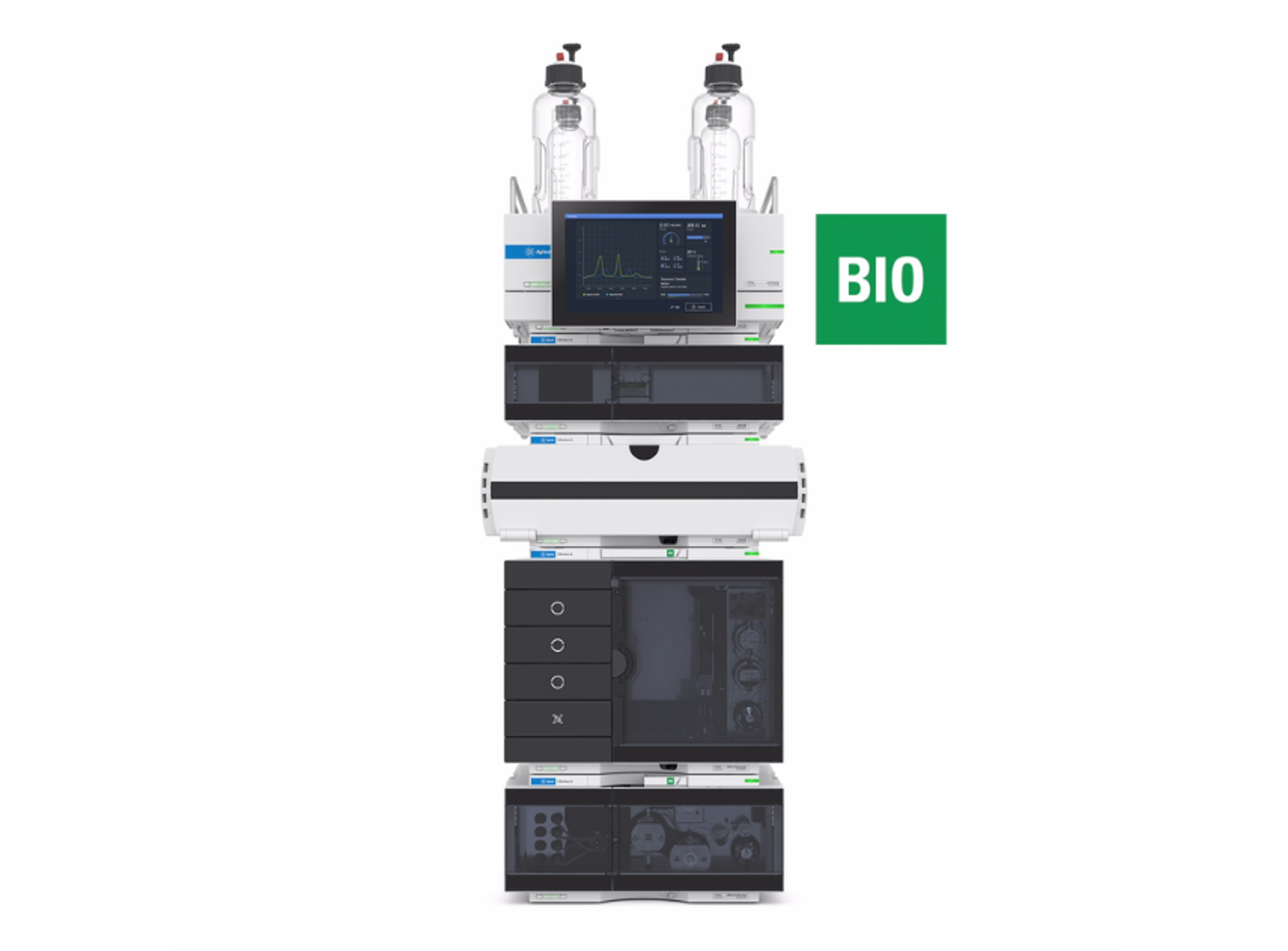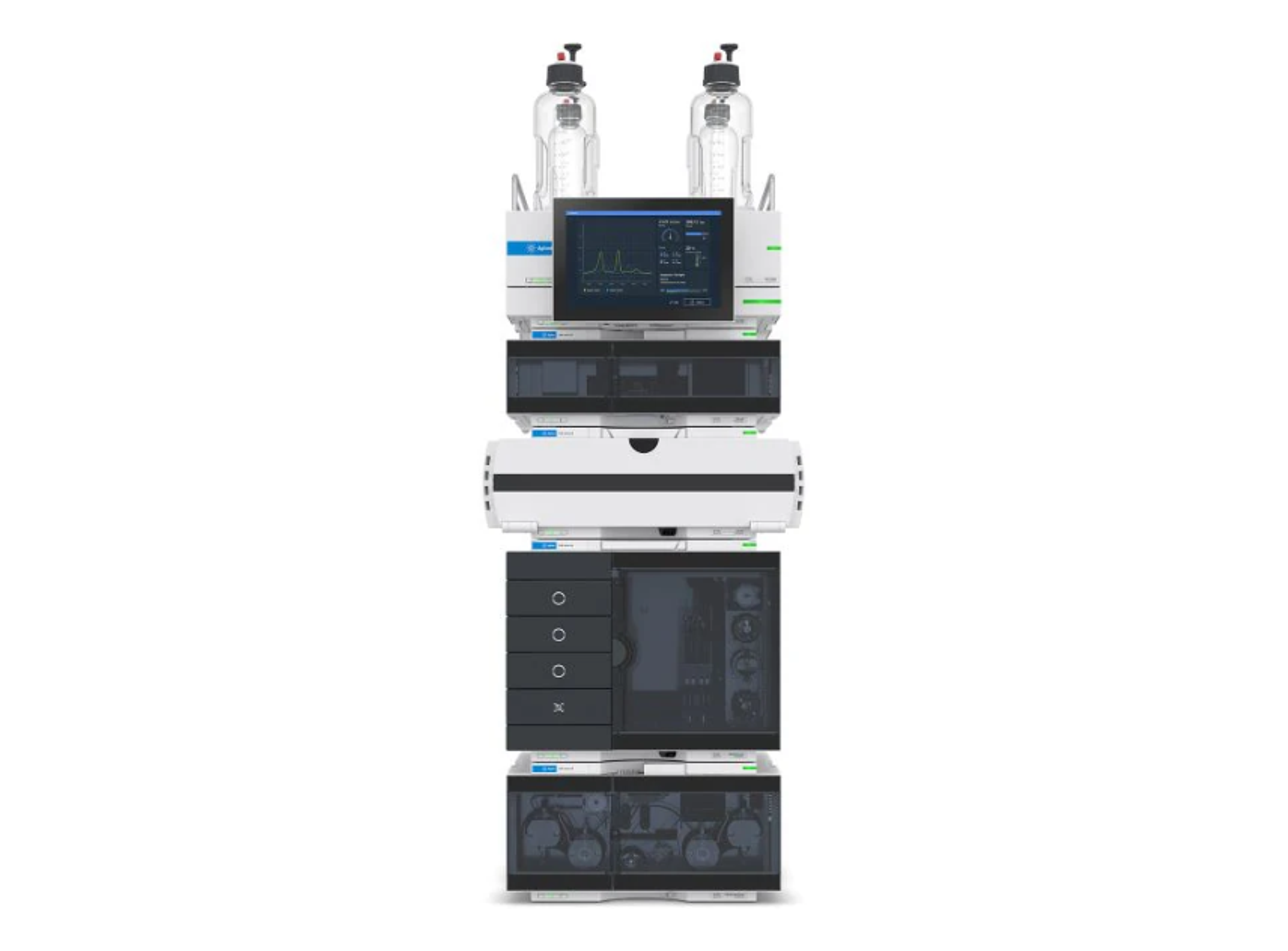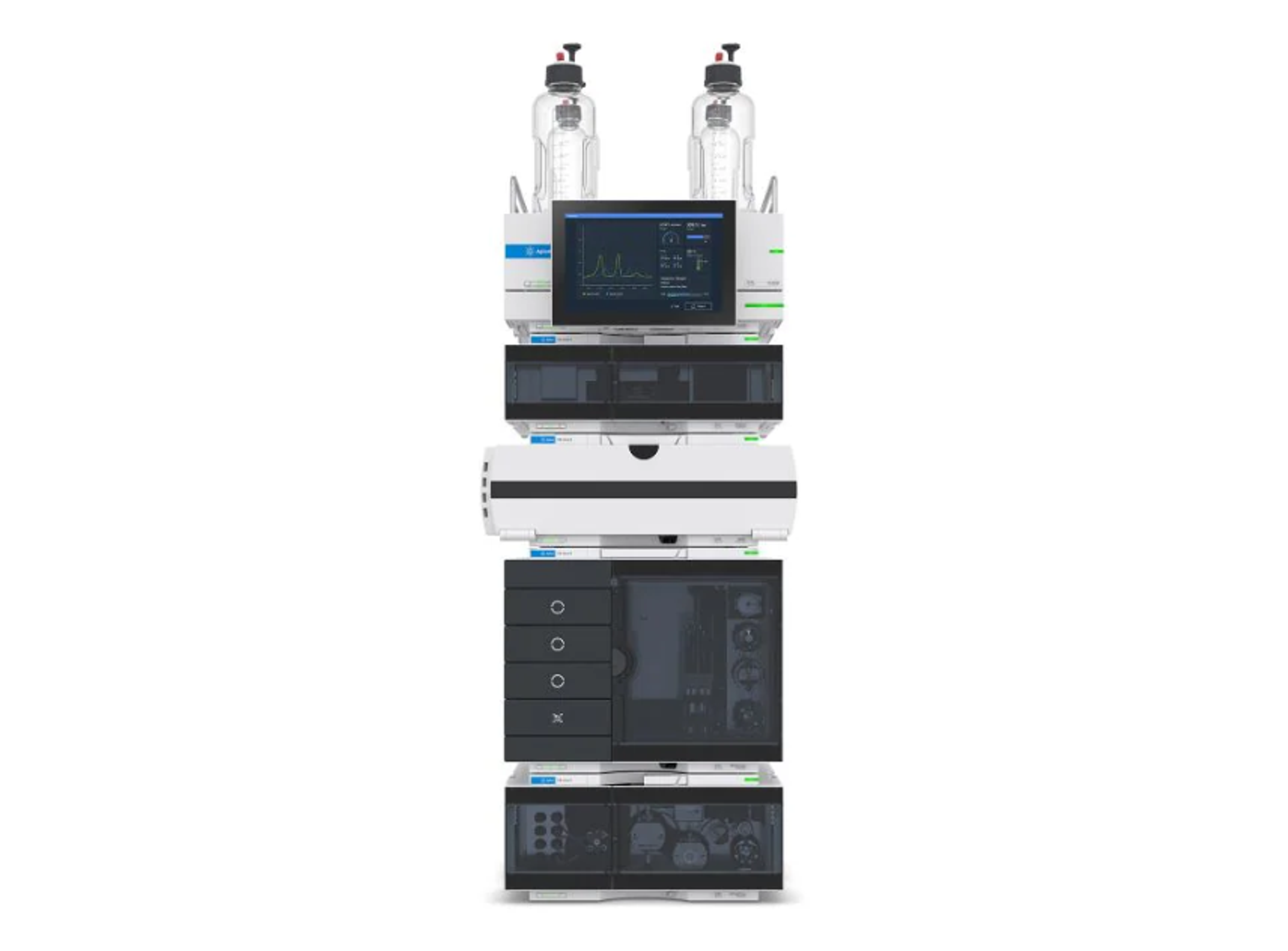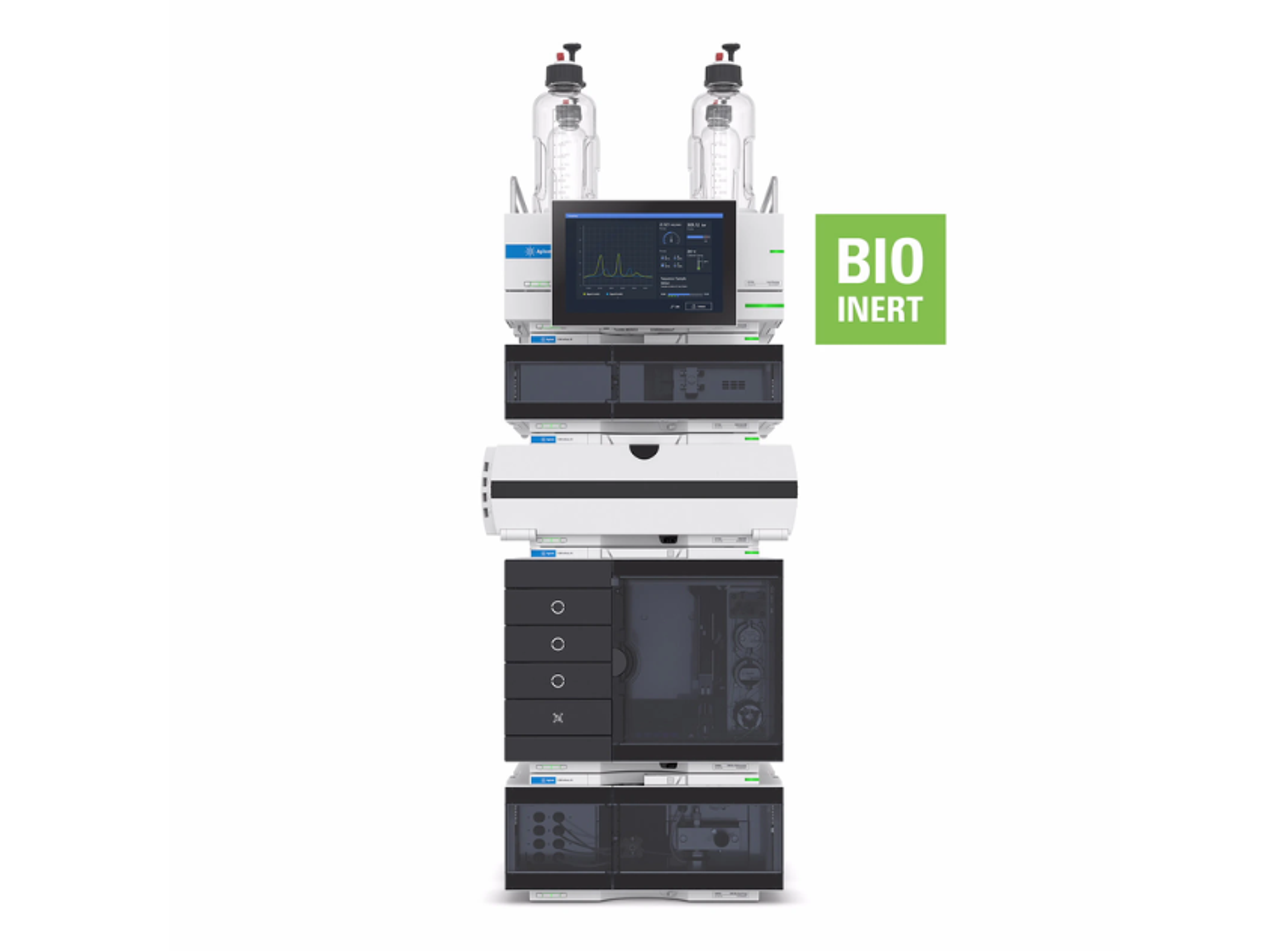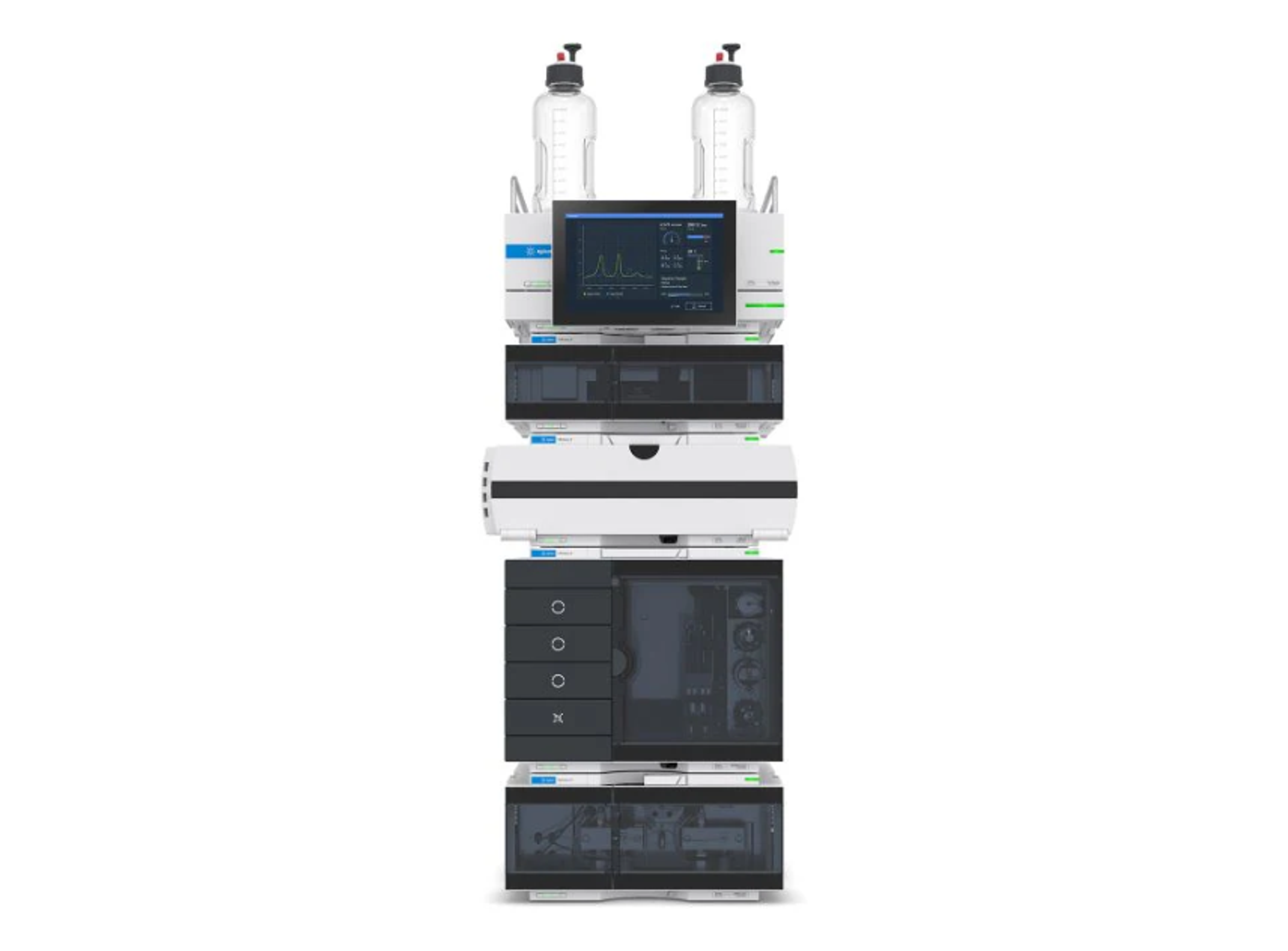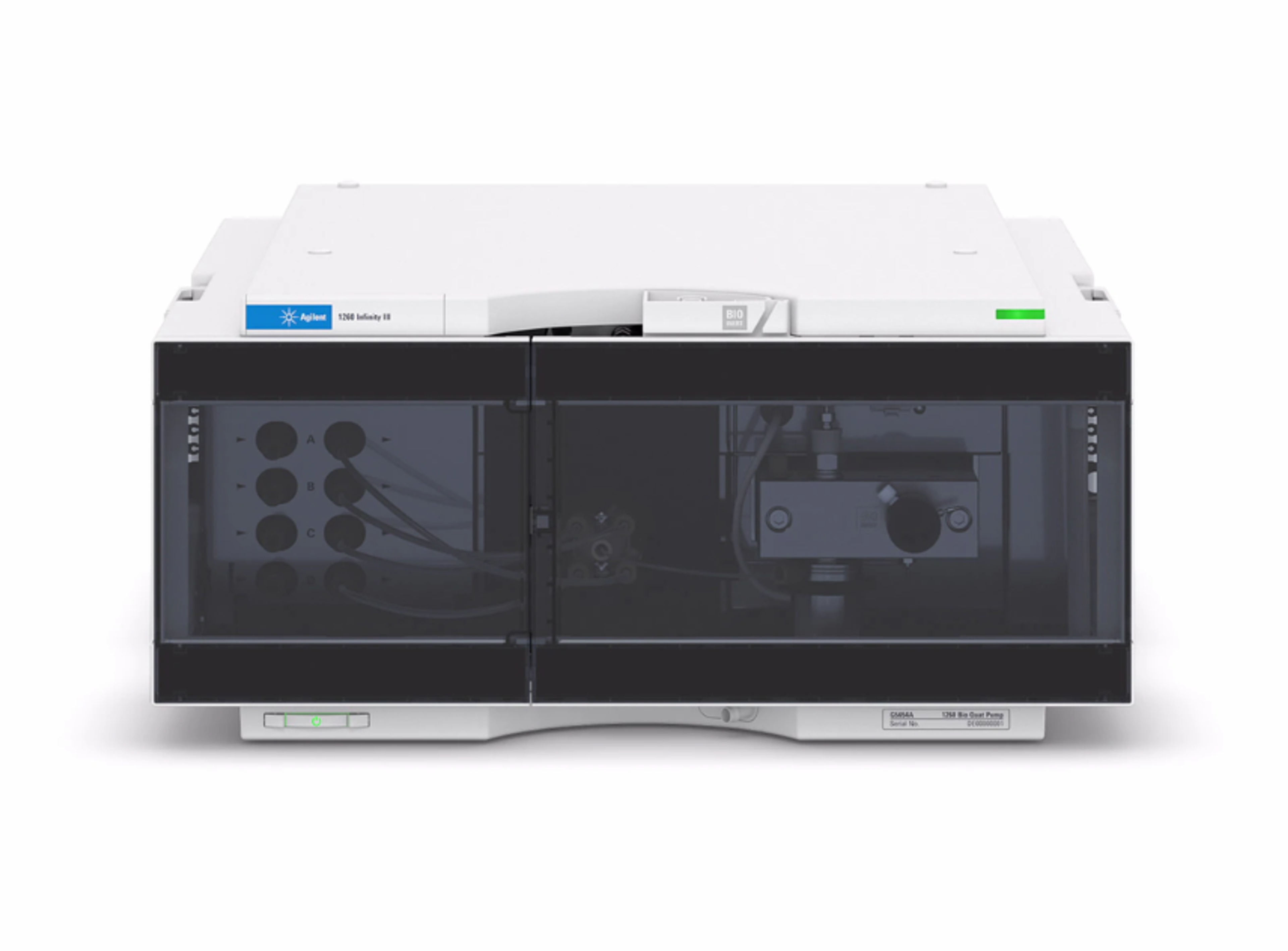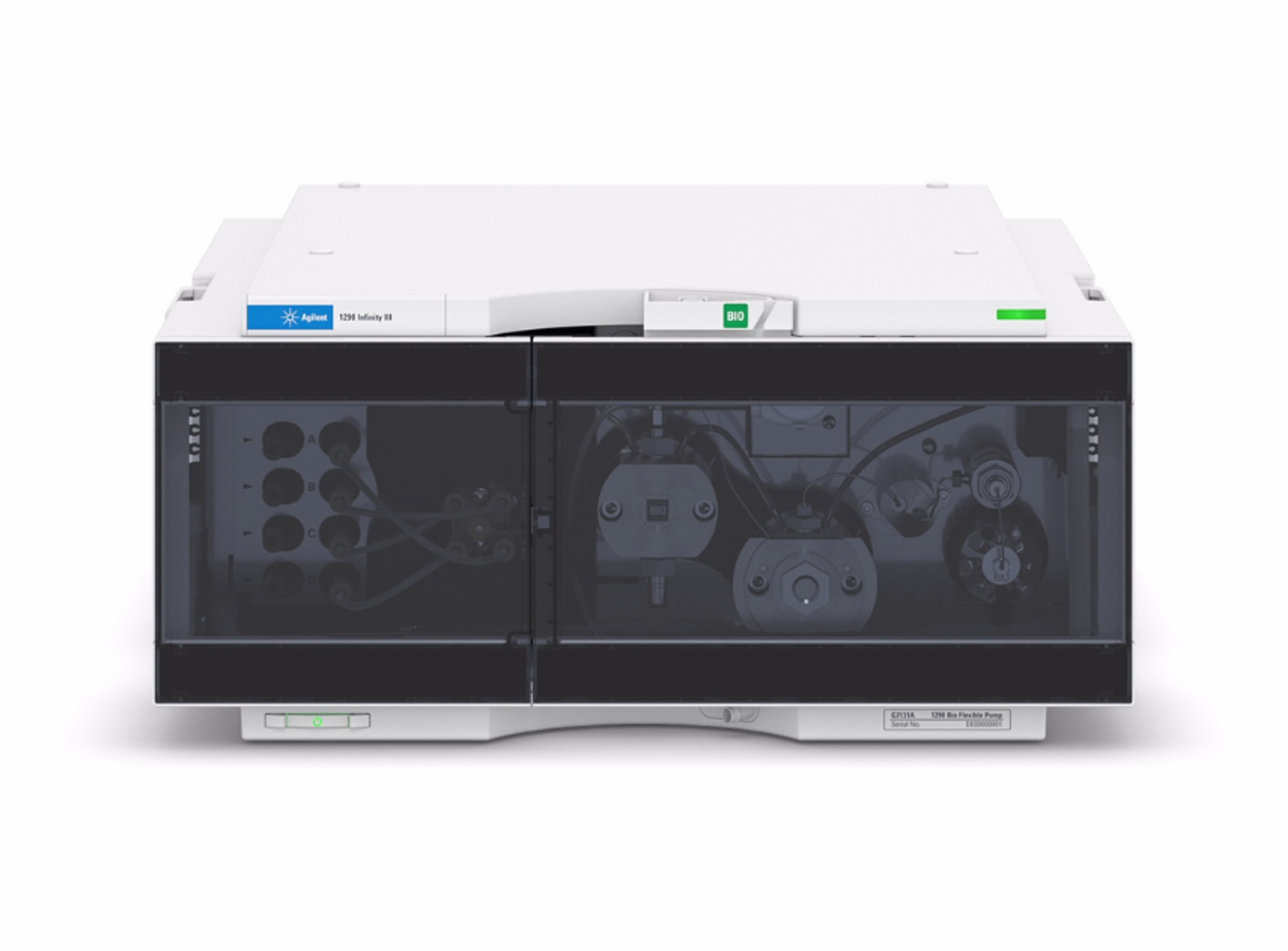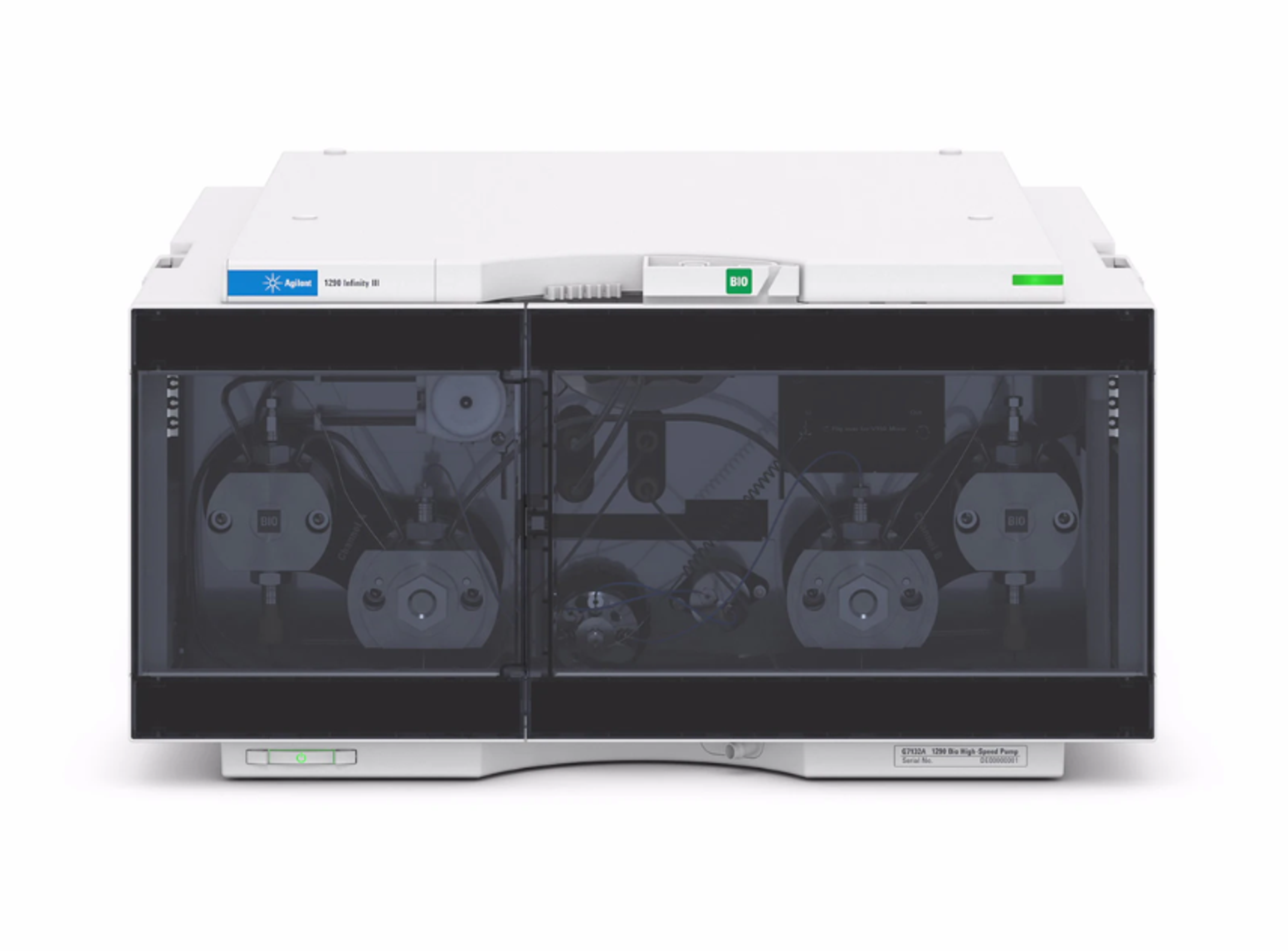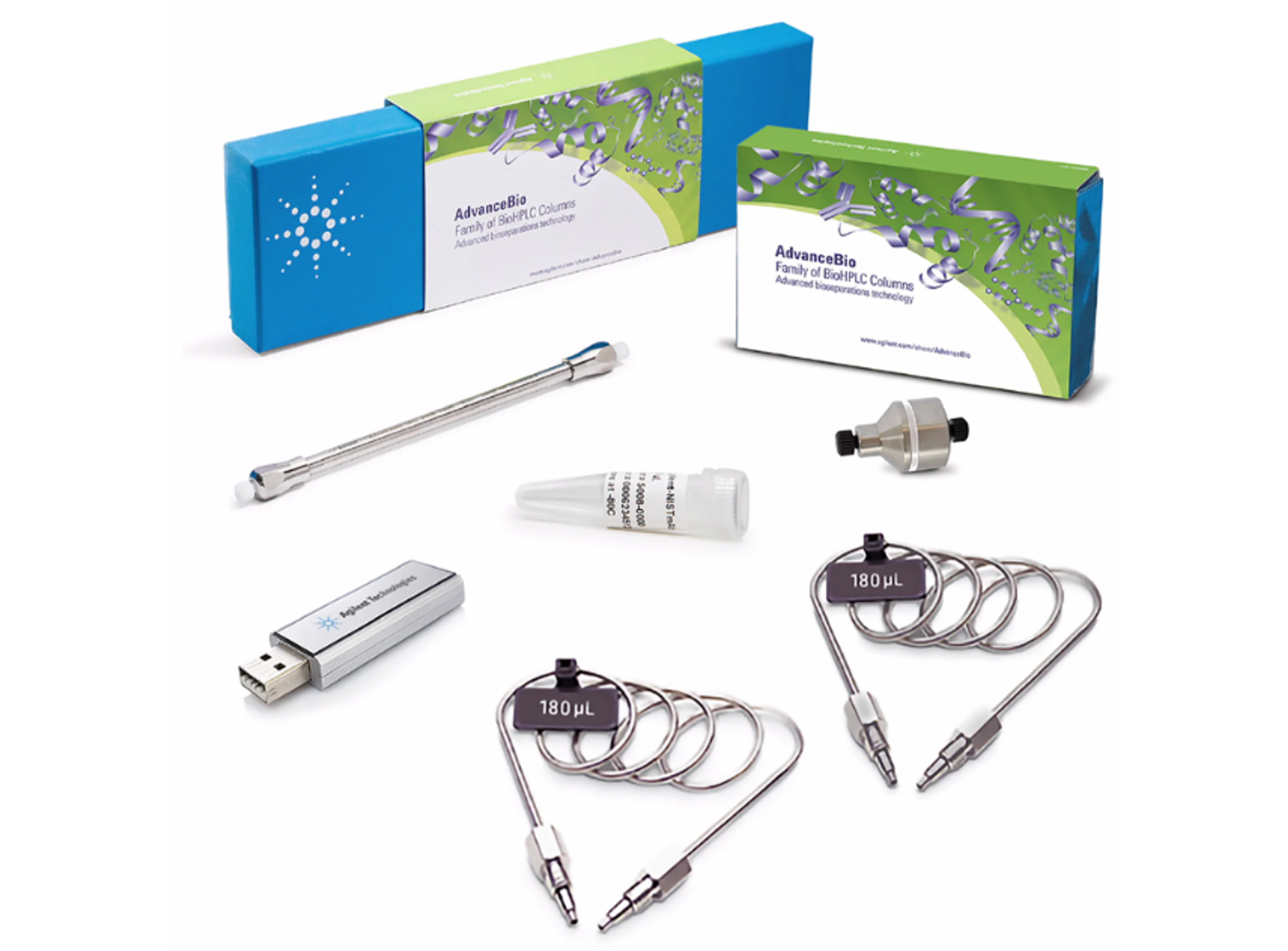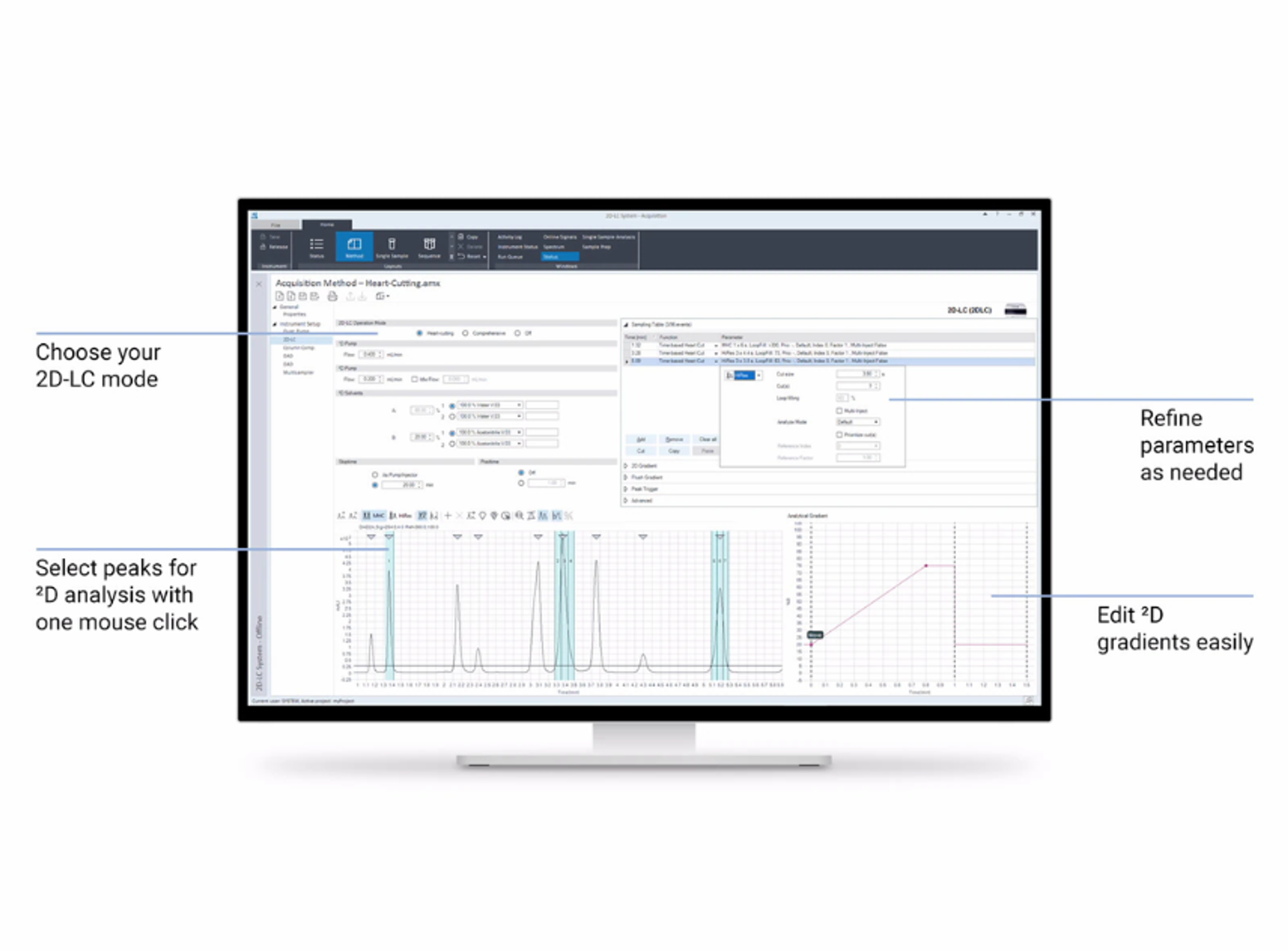Agilent 1260 Infinity II Bio-Inert Fraction Collector
The 1260 Infinity II Bio-Inert Fraction Collector is the ideal extension to your system when you need to further investigate separated compounds. A wide range of collection vessels, including vials, microplates, or custom vessels, provide highest collection flexibility. Handling flow rates up to 10 mL/min, even separations using columns with larger inside diameters for small-scale preparative applications are possible.
The 1260 Infinity II Bio-Inert Fraction Collector is the ideal extension to your system when you need to further investigate separated compounds. A wide range of collection vessels, including vials, microplates, or custom vessels, provide highest collection flexibility. Handling flow rates up to 10 mL/min, even separations using columns with larger inside diameters for small-scale preparative applications are possible.
This fraction collector fits perfectly into the Agilent modular LC design and does not require extra bench space. Patented fraction delay calibration and time- or peak-triggered fraction collection facilitates superior recovery and purity. An additional cooling module is available to prevent degradation of thermally labile biomolecules.
Features:
- Bio-inert fraction collection for automated biopurification and semipreparative work with larger column dimensions
- Automated delay calibration facilitates highest fraction purity while maintaining high-precision sample recovery
- Novel capillary and connection design offering ease of use
- High salt tolerance (2 M) and wide pH range (1–13, short term 14) for increased flexibility and highest instrument uptime
- Steel- and iron-free wetted parts ensure the integrity of biomolecules and minimize unwanted surface interactions
- Peltier temperature control from 4 to 40 °C to protect thermally labile samples (upgrade from nonthermostatted to thermostatted version possible)

